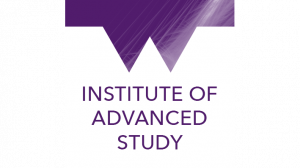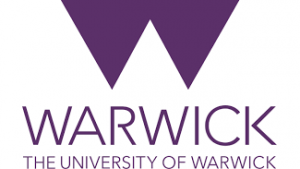GCRF Fellowships
These Fellowships support Warwick staff to develop new research collaborations in countries on the DAC List of ODA Recipients. The awards will support Warwick academics to visit research institutions in these countries and for researchers from those countries to make extended visits to Warwick with the aim of establishing long-term research partnerships & networks and developing a future GCRF (Global Challenges Research Fund) funding proposals.
Visit programs are normally expected to cost up to £10K but requests for lower values are very welcome.
Applications can be submitted at any time but due to funding restrictions activities must be completed by 31st July 2020.
Global Challenges Research Fund thematics :
- sustainable livelihoods supported by strong foundations for inclusive economic growth and innovation
- resilience and action on short-term environmental shocks and long-term environmental change
- sustainable cities and communities
- sustainable production and consumption of materials and other resources.
- understand and respond effectively to forced displacement and multiple refugee crises
- reduce conflict and promote peace, justice and humanitarian action
- reduce poverty and inequality, including gender inequalities.
Scheme Objectives
This scheme is aimed at academics who wish to develop research collaborations that may lead to a future GCRF funding application. The IAS will consider supporting applications to work with any country on the DAC List of ODA Recipients but applications which also support the IAS Africa Initiative are particularly welcomed (see link for our motivations, principles of this program & list of contacts).
The Fellowships allow Warwick colleagues to make one or more exploratory visits, normally up to three months in total. Proposals should demonstrate adherence to the following principles:
- Mutuality: In the event of a future proposal being funded there are obvious gains for Warwick and the partner, but at this early stage we need to consider the immediate benefits to the partner and the up-front costs to them in e.g. facilitation of visits.
- Co-design: The planned GCRF proposals should be clearly co-designed with the partner country. We should avoid cementing the inequalities of power arising from differences in resource and capacity.
- Risk-readiness: Colleagues are encouraged to try new speculative approaches. Correspondingly, we do not expect all IAS-funded projects to lead to a GCRF proposal.
Eligibility
Warwick employees in academic positions (including those on externally funded research fellowships) may apply for funds to support Fellowships for themselves or others, including non-academic staff, as needed to progress the development of the collaboration. Postdoctoral researchers may apply where the application is supported by a permanent member of academic staff.
An outcomes report must be submitted within two weeks of the completion of the visit.
Funding
Programs are normally expected to cost up to £10,000. All expenditure must be in line with the University Financial Regulations. Eligible costs include:
- Travel & subsistence costs (including visa fees): please look at Warwick’s risk assessment advice on overseas travel
- Costs for proposed activities during the visit, e.g. local expenses, seminars and workshops, travel by third party collaborators.
- Other costs - e.g. visitor fees for the host institution.
Where funds need to be transferred to the host institution, please consider mechanisms of accountability:
- Does the institution have a track record or mechanisms in place for this?
- Can costs be invoiced to Warwick?
- Is it realistic to recoup costs via the Warwick expenses system?
- Are there existing mechanisms of research collaboration that can be accessed e.g. The British Institute in Eastern Africa, UK registered and sponsored by the British Academy, it is set up to support UK researchers working in East Africa.

